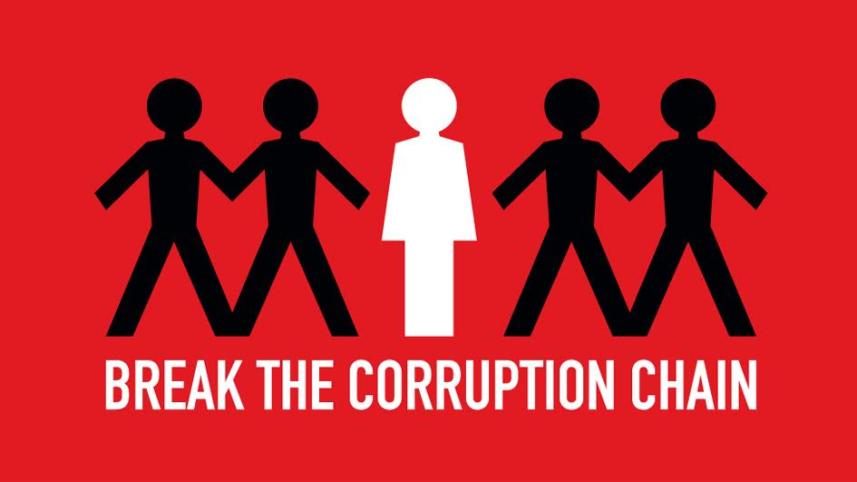International Anti-Corruption Day

As we observe the International Anti-Corruption Day, it is a good time to reflect on the current state of corruption in our country. From a factual perspective, corruption, at present, is running rampant at every level and every sector. What is even more deeply worrying is that the authorities seem not to be taking this as seriously as they should.
Every year, according to the United Nations, USD 1 trillion is paid in bribes globally, while an estimated USD 2.6 trillion, amounting to more than 5 percent of the global GDP, are stolen annually through corruption. In developing countries, funds lost to corruption are estimated at 10 times the amount of official development assistance.
What this further shows is that any country going through the process of rapid development, from an underdeveloped position, is more prone to fall victim to the plague of corruption. And at a time when Bangladesh is going through the same process, it is imperative to strengthen the anti-corruption mechanism so that corruption can be effectively prevented and eventually rooted out. If the government does not put greater emphasis on stopping corruption, particularly within its own ranks, then who will?
For development to be meaningful, long-lasting and beneficial to all across the board, corruption must be purged from all sectors of society and particularly from within the government. Otherwise, massive amounts of resources meant for development will continue to seep out of the overall economy, harming the country as a whole. Furthermore, as corruption adversely affects the poor and the vulnerable the most, it is as much a moral obligation as an economic one to ensure an end to corruption.



 For all latest news, follow The Daily Star's Google News channel.
For all latest news, follow The Daily Star's Google News channel.